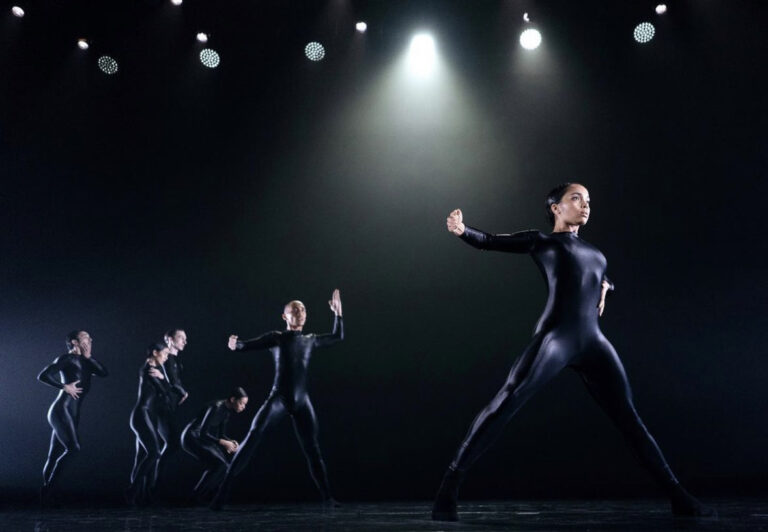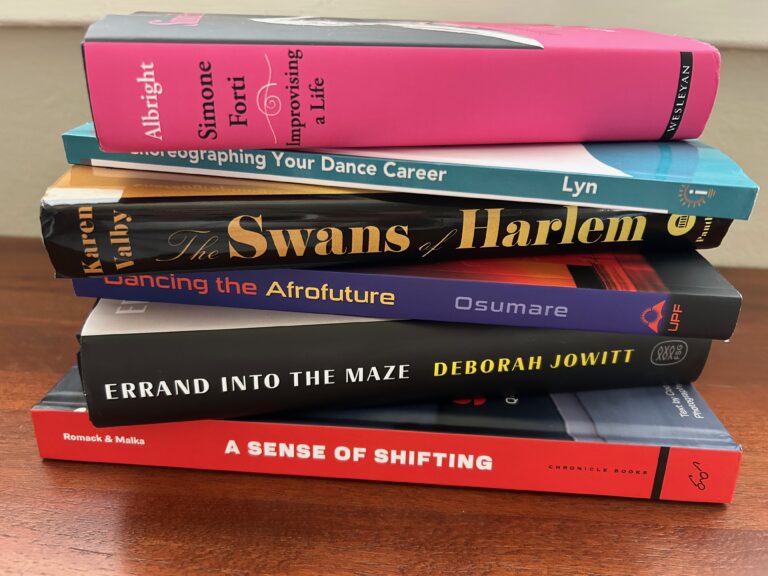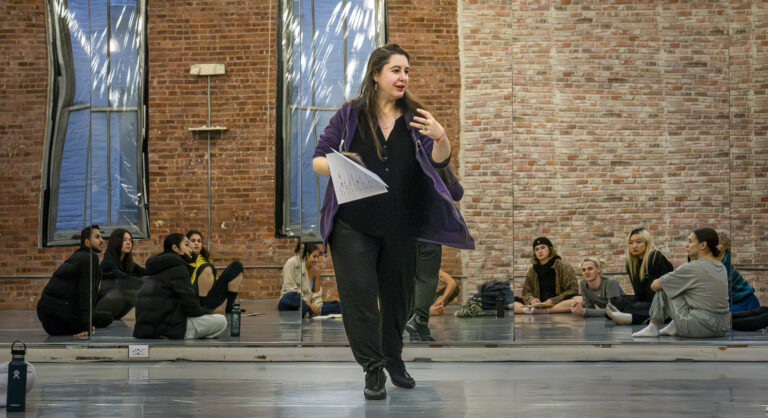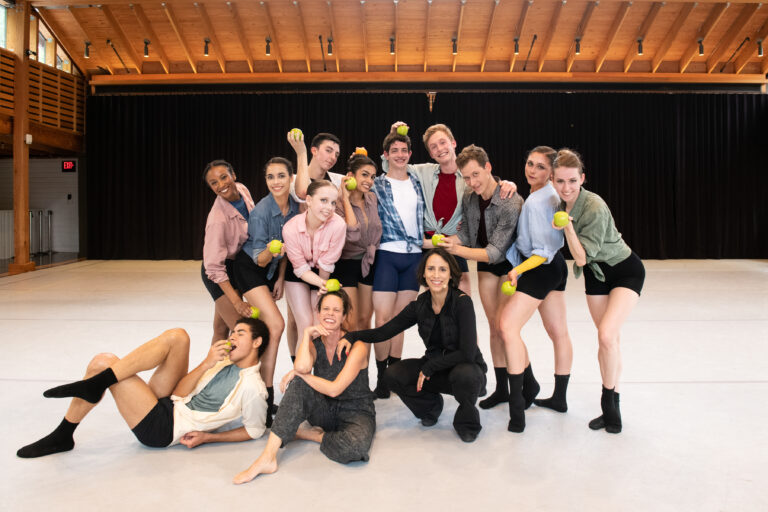
When Nick Silverio was a senior in high school, he struggled to choose between dance and more academic pursuits. “I was torn,” he says. On one hand, he wanted to perform professionally—but on the other, he was interested in business and entrepreneurship. After winning acceptances to both top-tier BFA programs and academic schools, he had a choice to make. “The deciding factor was that I didn’t need a formal major to be able to dance,” he says.
Today, Silverio is a senior studying business with a concentration in commercial dance management at the University of Pennsylvania’s Wharton School who dances in his spare time. After taking a gap year between freshman and sophomore years to perform in the Elf national tour and appear in Season 12 of “So You Think You Can Dance,” he currently spends days off from his final semester in New York City, auditioning for Broadway shows. “I will hopefully one day run a business in the industry—or maybe not even in the industry,” says Silverio. “This degree goes along with my long-term career goals more than, say, a BFA in dance.”
Silverio’s experience isn’t unusual. With increasing availability of dance opportunities for nonmajors—as well as cross-curricular collaborations between dance and other majors—it’s possible to major in just about anything and still have a fulfilling and extensive dance experience. Whether a dancer dreams of dancing professionally, wants to explore the connections between dance and other subjects or just wants to stay active and make friends, there’s a way to meet those goals.
If you’re looking to stay active and make friends…
A student-run company could be your perfect extracurricular. When researching schools, be sure to talk with current students in companies to get a feel for the time commitment—which can vary widely—as well as the stylistic focus and camaraderie of the group. “There’s a certain mentality that comes along with being a dancer that allows you to bond with people who share that same drive,” says Mary Catharine McKeithen, a senior biology major and health and human values minor at Davidson College who is also company manager of the student-run Gamut Dance Company. “Investing even a little bit of time can give you a sense of comfort and continuity from high school—it keeps things in perspective.”
Silverio has found a fulfilling dance outlet in Arts House Dance Company at UPenn, a pre-professional-quality, student-run company that keeps him dancing 20-plus hours each week. “It’s definitely a balancing act, between dance and academics, so we do it together,” he says. “After rehearsals, we’ll book a study room for five hours.”
If you’re into the intersection between dance and academics…
Look for a school that welcomes interdepartmental collaboration and independent study projects for upperclassmen. At Princeton, for instance, this cross-curricular focus starts with the school’s faculty. “I chose to go to Princeton because I’d read an article about dance professor Susan Marshall working with an aerospace engineering professor on a project that looked at ‘flocking,'” says Yasmine Eichbaum, a junior chemistry major who is also pursuing a certificate in dance. “They created a performance where the dancers were using the idea of flocking.”
Schools that are pursuing this kind of work see collaboration as the exciting future of dance in an increasingly interdisciplinary world. “I created a piece for one of my performance labs that was inspired by things I’d learned in my neuroscience class about emotion,” Eichbaum says. “Choreographing it allowed me to play with the ideas and learn about them even more.”
All of that time in the studio can actually help academic majors like Eichbaum process ideas from their core classes. “Dance helps me balance my schoolwork and wrestle with certain ideas, maybe unconsciously or consciously,” she says. “Sometimes if I’m working through a problem I can’t understand in a class, after a rehearsal I have a clearer mindset.”
If you honestly have no idea yet…
Don’t panic! Creative and academic exploration is what college is for. “It doesn’t have to be an ‘either-or’ thing,” says Jenefer Davies, associate professor of dance at Washington and Lee University. Even students who enter college thinking they know exactly what they want to do end up discovering new options. “They might come with a desire to be a business major, and they start to realize, ‘I could do marketing for dance or run my own nonprofit dance company,'” she says.
Even if you end up in a career that has nothing to do with dance, the time in the studio will not have been wasted. “All of the things that you learn from participating in dance can be applied to whatever it is that you’re majoring in,” says Davies, “whether it’s collaboration skills, communication and using appropriate vocabulary, even organization and time management.”
In the end, it comes down to trusting your gut. “You don’t have to be a dance major—but you can,” says Silverio. “There’s really no wrong answer.”
If you’re interested in a dance career…
Look for a school whose dance program welcomes nonmajors into technique classes and other department activities. At Harvard, Washington and Lee, and Barnard, for example, the dance department invites students of all majors or concentrations to take part. At Harvard, other majors, whether biology or creative writing, can participate in even the most involved dance activities, like a semester-long choreographic residency. Many students find that this kind of intellectual diversity in the studio is an inspiring environment for creating new work.



